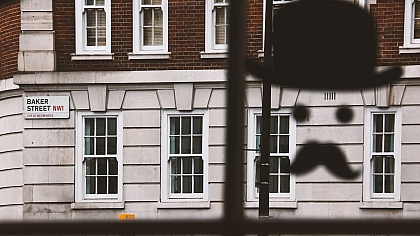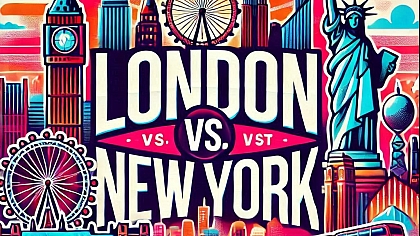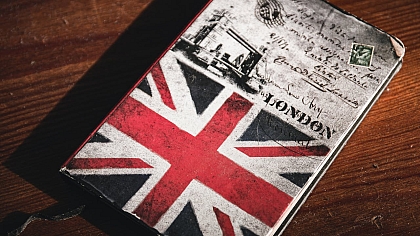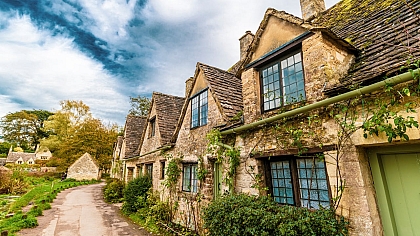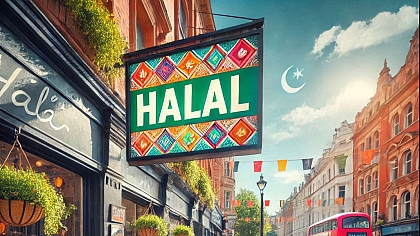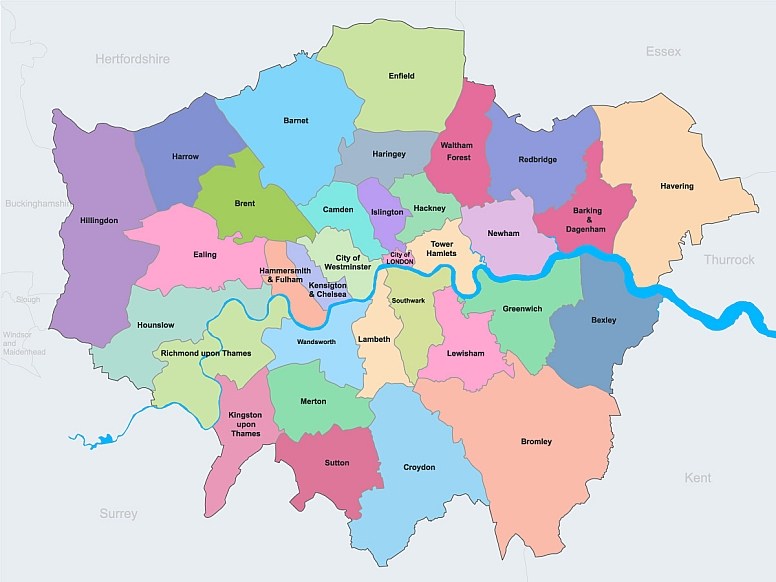
32 London Boroughs: A Guide to the Capital’s Diverse Districts
London, the capital of the United Kingdom, is a vibrant metropolis known for its rich history, diverse culture, and significant global influence. The city is divided into 32 boroughs and the ancient City of London, each with unique character, attractions, and communities. Understanding these boroughs is crucial for anyone looking to explore London, whether as a resident, tourist, or investor.
The boroughs of London are administrative divisions that each function as local authorities with their councils. They vary greatly in size, population, and density, offering a diverse range of environments from bustling urban centres to serene suburban areas. This guide provides an in-depth look at each borough, highlighting its key features, landmarks, and contributions to the overall tapestry of London.
The Boroughs at a Glance
London's boroughs are as diverse as the city itself, each offering a unique slice of life in the capital. From the historic streets of the City of London to the suburban expanses of Barnet, each borough has its distinct character and charm. Below is a brief overview of all the boroughs, along with a table that provides key information about each one.
The City of London: The historic and financial heart of London, known for its skyscrapers and significant landmarks like St. Paul's Cathedral and the Tower of London.
-
Westminster: Famous for its political institutions, including the Houses of Parliament and Buckingham Palace, and bustling areas like Soho and Covent Garden.
-
Camden: A vibrant cultural hub known for its markets, music scene, and eclectic atmosphere.
-
Islington: Known for its lively arts scene, trendy bars, and upscale residential areas.
-
Kensington and Chelsea: One of the most affluent areas, home to luxury shopping at Harrods, museums, and the royal residence Kensington Palace.
-
Lambeth: Offers a mix of cultural landmarks such as the South Bank Centre and a diverse residential community.
-
Southwark: Known for its historic sites like the Globe Theatre and modern attractions like The Shard.
-
Barnet: A large suburban borough offering extensive green spaces and family-friendly amenities.
-
Enfield: Known for its historic architecture and suburban feel, with many parks and green spaces.
-
Haringey: Home to diverse communities and landmarks like Alexandra Palace.
-
Barking and Dagenham: Historically industrial, now undergoing significant regeneration.
-
Hackney: A trendy borough known for its creative industries, vibrant nightlife, and green spaces.
-
Havering: Offers a mix of urban and rural living with extensive parks.
-
Newham: Known for its multicultural population and the Olympic Park.
-
Redbridge: Offers suburban living with good schools and parks.
-
Tower Hamlets: Home to the Tower of London and vibrant areas like Canary Wharf.
-
Waltham Forest: Known for its creative community and green spaces like Epping Forest.
-
Bexley: Offers suburban living with good schools and plenty of green spaces.
-
Bromley: One of the largest boroughs, known for its village-like feel and extensive parkland.
-
Croydon: A major commercial and residential centre with a vibrant arts scene.
-
Greenwich: Famous for its maritime history, Greenwich Park, and the Prime Meridian.
-
Kingston upon Thames: Known for its historic market town atmosphere and excellent shopping.
-
Lewisham: A diverse borough with a strong sense of community and good transport links.
-
Merton: Offers suburban living with notable areas like Wimbledon.
-
Richmond upon Thames: Known for its riverside setting, parks, and affluent residential areas.
-
Sutton: Offers suburban living with a focus on family-friendly amenities.
-
Brent: Home to Wembley Stadium and a diverse community.
-
Ealing: Known for its green spaces and film studios.
-
Hammersmith and Fulham: Offers a mix of residential and commercial areas, with notable entertainment venues.
-
Harrow: Known for its schools and suburban feel.
-
Hillingdon: It offers extensive green spaces and is in proximity to Heathrow Airport.
-
Hounslow: Known for its diverse community and Heathrow Airport.
- Wandsworth: Located along the River Thames, Wandsworth combines urban energy with scenic riverside views and extensive green spaces.
Key Information About the 32 Boroughs of London
This table gives a snapshot of the key statistics and landmarks for each borough, helping to paint a broad picture of the diversity and scale of London’s districts.
| Borough | Population (2021) | Area (km²) | Notable Landmarks |
|---|---|---|---|
| City of London | 9,400 | 2.9 | St. Paul's Cathedral, Tower of London |
| Westminster | 250,000 | 21.5 | Houses of Parliament, Buckingham Palace |
| Camden | 270,000 | 22.0 | Camden Market, British Museum |
| Islington | 242,000 | 14.9 | Emirates Stadium, Sadler's Wells Theatre |
| Kensington and Chelsea | 156,000 | 12.1 | Kensington Palace, Harrods |
| Lambeth | 326,000 | 26.8 | Southbank Centre, Brixton Market |
| Southwark | 318,000 | 28.9 | The Shard, Borough Market |
| Barnet | 402,000 | 86.7 | Brent Cross, Hampstead Heath |
| Enfield | 333,000 | 82.2 | Enfield Town, Forty Hall |
| Haringey | 271,000 | 29.6 | Alexandra Palace, Tottenham Hotspur Stadium |
| Barking and Dagenham | 214,000 | 36.1 | Barking Abbey, Eastbury Manor House |
| Hackney | 281,000 | 19.1 | Hackney Empire, Victoria Park |
| Havering | 259,000 | 112.3 | Havering Country Park, Romford Market |
| Newham | 353,000 | 36.2 | Olympic Park, ExCeL London |
| Redbridge | 305,000 | 56.4 | Valentines Mansion, Ilford Town |
| Tower Hamlets | 324,000 | 19.8 | Tower of London, Canary Wharf |
| Waltham Forest | 276,000 | 38.8 | Walthamstow Market, Epping Forest |
| Bexley | 248,000 | 60.6 | Hall Place, Danson Park |
| Bromley | 332,000 | 150.2 | Crystal Palace Park, Chislehurst Caves |
| Croydon | 385,000 | 87.0 | Croydon Clocktower, Fairfield Halls |
| Greenwich | 289,000 | 47.4 | Cutty Sark, Greenwich Park |
| Kingston upon Thames | 179,000 | 37.3 | Hampton Court Palace, Kingston Market |
| Lewisham | 305,000 | 35.2 | Lewisham Shopping Centre, Blackheath |
| Merton | 206,000 | 37.6 | Wimbledon, Morden Hall Park |
| Richmond upon Thames | 198,000 | 57.4 | Richmond Park, Kew Gardens |
| Sutton | 204,000 | 43.9 | Honeywood Museum, Carshalton Ponds |
| Brent | 339,000 | 43.2 | Wembley Stadium, Neasden Temple |
| Ealing | 342,000 | 55.5 | Ealing Studios, Walpole Park |
| Hammersmith and Fulham | 185,000 | 16.4 | Hammersmith Apollo, Fulham Palace |
| Harrow | 250,000 | 50.7 | Harrow School, Headstone Manor |
| Hillingdon | 309,000 | 115.7 | Heathrow Airport, Ruislip Lido |
| Hounslow | 271,000 | 55.0 | Syon Park, Osterley Park |
| Wandsworth | 329,000 | 34.3 | Battersea Park, Wandsworth Common |
The City of London
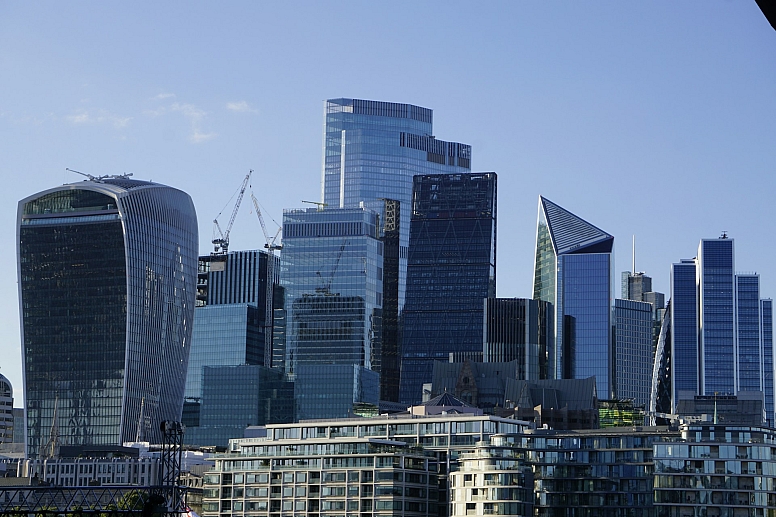
The City of London, often referred to as the "Square Mile," is the historic core of London. It is one of the oldest areas in the city, dating back to Roman times, and serves as the primary financial district. The City is distinct from Greater London and has its local authority, the City of London Corporation.
Key Features and Attractions:
- St. Paul's Cathedral: An iconic symbol of London with its magnificent dome designed by Sir Christopher Wren.
- The Tower of London: A historic castle that houses the Crown Jewels and has a rich history as a royal palace, prison, and fortress.
- The Gherkin (30 St Mary Axe): A modern skyscraper that has become an architectural landmark.
- The Barbican Centre: A major arts and cultural venue offering theatre, music, art exhibitions, and more.
Demographics and Economy:
- Population: Approximately 9,400
- Area: 2.9 km²
- The City is a global financial hub, hosting the London Stock Exchange, the Bank of England, and numerous banks and financial institutions.
Central London Boroughs
Central London is the historic and commercial heart of the capital. It is home to some of the city's most iconic landmarks, world-renowned cultural institutions, and bustling districts. The boroughs in this area offer a unique blend of history, politics, culture, and commerce. Let's explore the central boroughs in more detail.
Kensington and Chelsea

Kensington and Chelsea is one of the most affluent areas in London, known for its luxury shopping, museums, and royal residences.
Key Features and Attractions:
- Kensington Palace: A royal residence with historical significance.
- Harrods: A world-famous luxury department store.
- Natural History Museum: Renowned for its extensive exhibits on natural history.
- Portobello Road Market: Famous for its antiques and street market.
Demographics and Economy:
- Population: Approximately 156,000
- Area: 12.1 km²
- The borough's economy is driven by retail, tourism, and high-end real estate.
Westminster
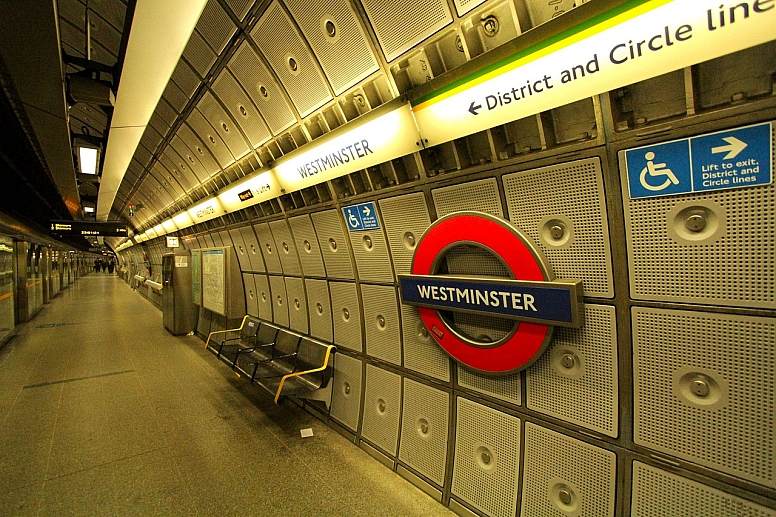
Westminster is synonymous with British politics, monarchy, and heritage. It is the seat of the UK government and the location of many iconic landmarks.
Key Features and Attractions:
- Houses of Parliament and Big Ben: The seat of the UK Parliament, with the famous clock tower.
- Buckingham Palace: The official residence of the British monarch.
- Westminster Abbey: A historic church where British monarchs are crowned and buried.
- Trafalgar Square: A bustling public square featuring Nelson's Column and the National Gallery.
Demographics and Economy:
- Population: Approximately 250,000
- Area: 21.5 km²
- Westminster has a diverse economy, including government services, tourism, and retail, with famous shopping areas like Oxford Street and Regent Street.
North London Boroughs
North London is characterized by its suburban neighbourhoods, leafy parks, and vibrant cultural scenes. The boroughs in this area offer a mix of residential tranquillity and urban excitement, making them popular places to live and visit. Let's delve into the details of the North London boroughs.
Barnet
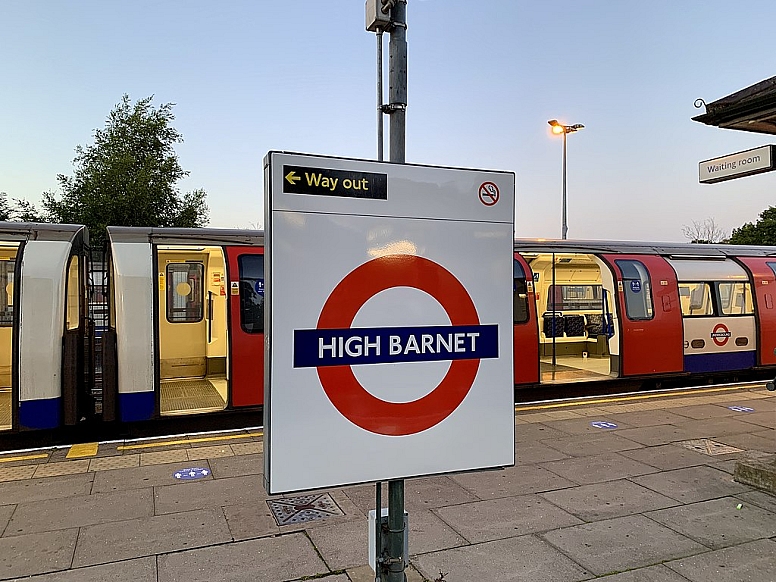
Barnet is one of London's largest boroughs, offering a suburban lifestyle with extensive green spaces, excellent schools, and a mix of urban and rural settings.
Key Features and Attractions:
- Hampstead Heath: A large, ancient parkland with stunning views of the city from Parliament Hill.
- Brent Cross: One of the UK's first large enclosed shopping centres.
- Royal Air Force Museum: Exhibiting the history of aviation and the RAF.
- Barnet Market: A traditional market with a variety of stalls, running for over 800 years.
Demographics and Economy:
- Population: Approximately 402,000
- Area: 86.7 km²
- Barnet's economy is diverse, with retail, education, and healthcare sectors playing significant roles. The borough's extensive residential areas make it a popular choice for families.
Enfield
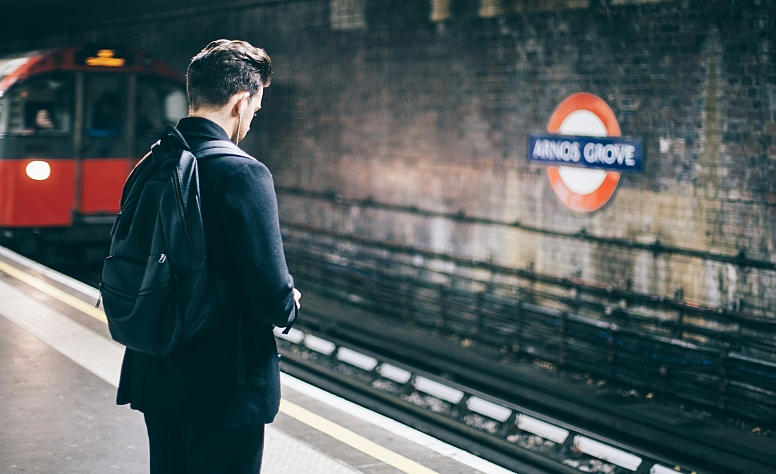
Enfield combines historic architecture with modern suburban living. It is known for its green spaces and family-friendly amenities.
Key Features and Attractions:
- Forty Hall: A beautiful 17th-century manor house set in expansive gardens.
- Trent Park: A large country park offering woodlands, lakes, and open fields.
- Enfield Town: The historic centre with a mix of shops, cafes, and the Palace Gardens Shopping Centre.
- Myddelton House Gardens: Historic gardens featuring a variety of plants and flowers.
Demographics and Economy:
- Population: Approximately 333,000
- Area: 82.2 km²
- Enfield's economy is supported by retail, manufacturing, and public services. The borough's suburban nature attracts many families and professionals.
Haringey
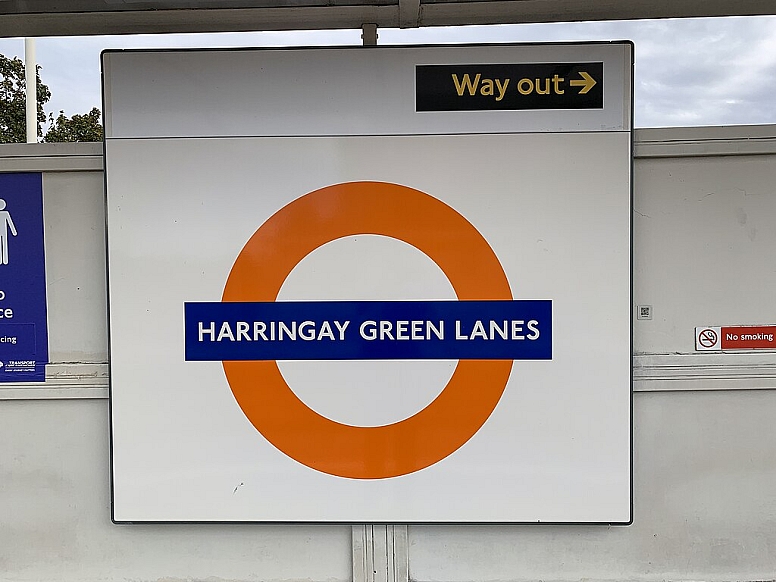
Haringey is a culturally diverse borough known for its vibrant communities and notable landmarks. It offers a mix of urban and residential areas, making it a dynamic part of North London.
Key Features and Attractions:
- Alexandra Palace: A historic entertainment venue offering panoramic views of London.
- Tottenham Hotspur Stadium: The home of Tottenham Hotspur Football Club, a state-of-the-art sports and entertainment venue.
- Finsbury Park: A large public park with sports facilities, gardens, and events.
- Highgate Wood: A historic woodland offering walking trails and a sense of tranquillity.
Demographics and Economy:
- Population: Approximately 271,000
- Area: 29.6 km²
- Haringey's economy is diverse, with strong retail, entertainment, and cultural sectors. The borough is known for its vibrant arts scene and active community life.
Camden
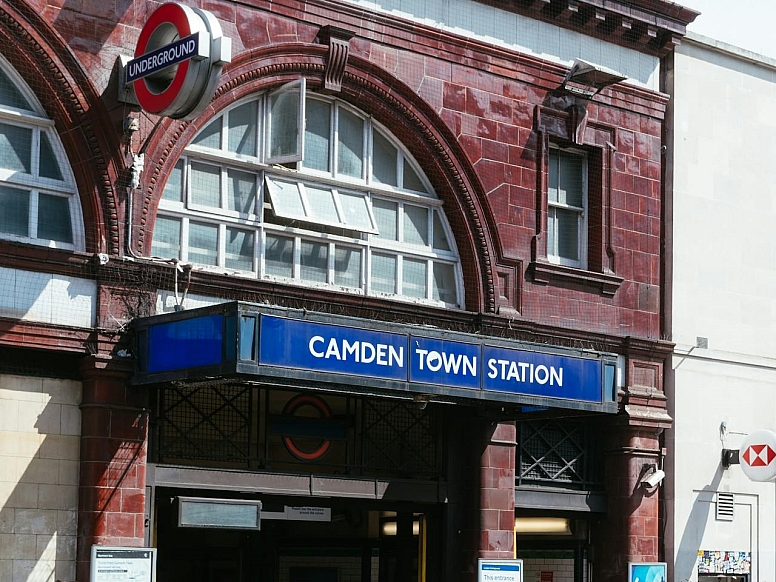
Camden is a vibrant and eclectic borough known for its markets, music scene, and cultural diversity. It attracts tourists and locals alike with its lively atmosphere.
Key Features and Attractions:
- Camden Market: One of London's most famous markets, offering a variety of food, fashion, and unique items.
- British Museum: A world-renowned museum housing a vast collection of art and artefacts from around the world.
- Regent's Park: A large park offering beautiful gardens, the London Zoo, and an open-air theatre.
- Roundhouse: A historic performing arts and concert venue.
Demographics and Economy:
- Population: Approximately 270,000
- Area: 22.0 km²
- Camden is known for its creative industries, retail, and vibrant nightlife.
Islington
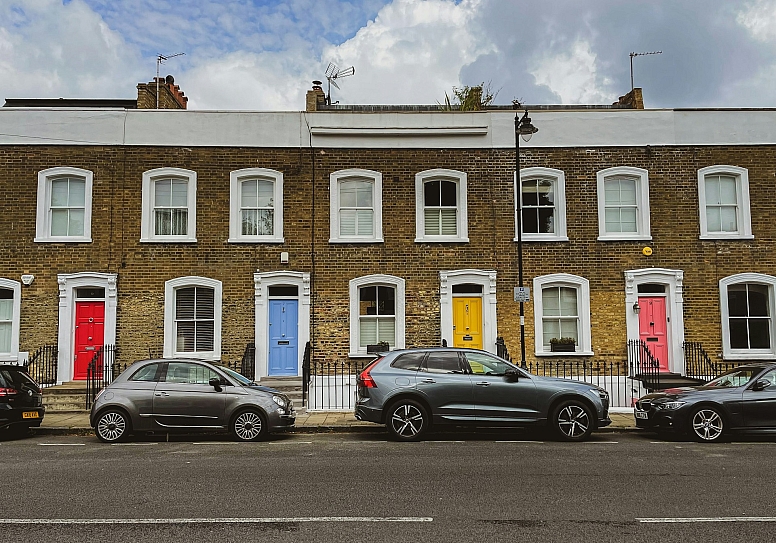
Islington is a fashionable borough with a lively arts scene, trendy bars, and upscale residential areas. It combines historic charm with modern vibrancy.
Key Features and Attractions:
- Emirates Stadium: Home to Arsenal Football Club.
- Sadler's Wells Theatre: A leading venue for contemporary dance.
- Upper Street: Known for its boutique shops, restaurants, and nightlife.
- Islington Museum: Showcases the history and culture of the borough.
Demographics and Economy:
- Population: Approximately 242,000
- Area: 14.9 km²
- Islington has a diverse economy with strong retail, hospitality, and cultural sectors.
East London Boroughs
East London is known for its rich cultural diversity, vibrant neighbourhoods, and significant regeneration projects. Historically industrial, many areas in East London have undergone substantial redevelopment, transforming into trendy and dynamic districts. Let's explore the boroughs in this part of the city.
Barking and Dagenham
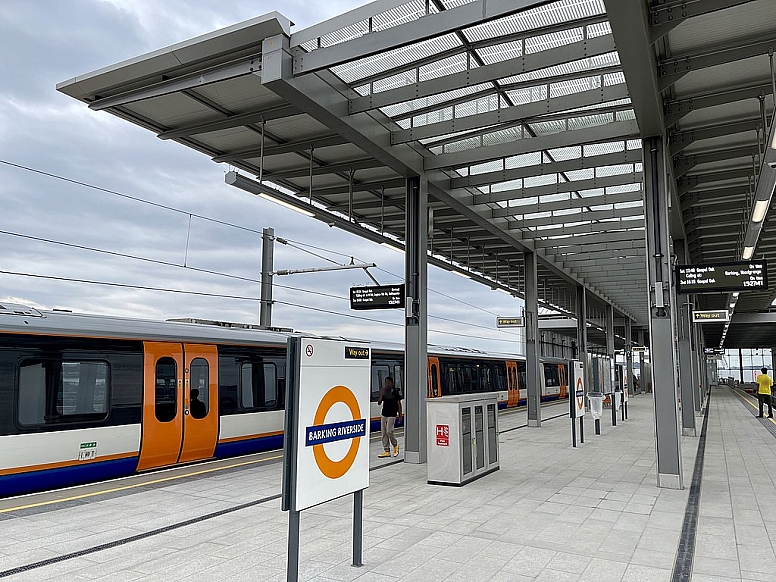
Barking and Dagenham is a borough that has experienced significant regeneration in recent years. It has a rich industrial history and is now evolving into a modern residential and business area.
Key Features and Attractions:
- Barking Abbey: The ruins of a medieval abbey with historical significance.
- Eastbury Manor House: A Grade I listed Elizabethan house open to the public.
- Valence House: A historic manor house and local history museum.
- The Ripple Nature Reserve: A haven for wildlife and a peaceful spot for walking.
Demographics and Economy:
- Population: Approximately 214,000
- Area: 36.1 km²
- The economy is supported by manufacturing, retail, and increasingly by new housing developments and regeneration projects.
Hackney
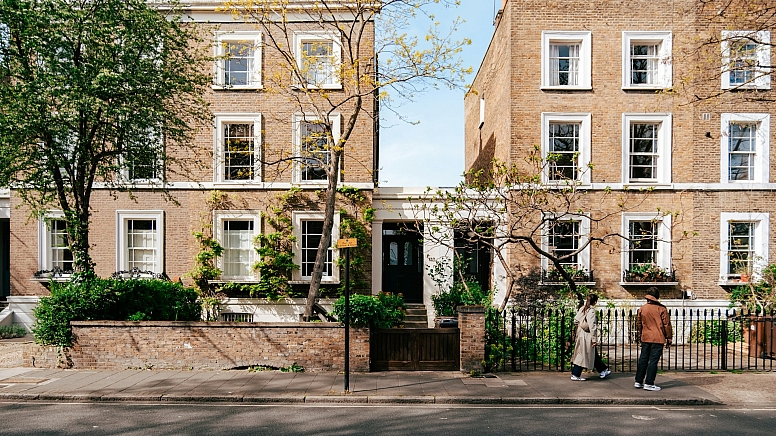
Hackney is one of London's most dynamic and culturally rich boroughs. Known for its creative industries, nightlife, and green spaces, it attracts a diverse community of residents and visitors.
Key Features and Attractions:
- Hackney Empire: A historic theatre offering a range of performances.
- Victoria Park: One of London’s most popular parks, hosting numerous events and festivals.
- Broadway Market: A vibrant market known for its food stalls and independent shops.
- Dalston: An area known for its nightlife, music venues, and cultural diversity.
Demographics and Economy:
- Population: Approximately 281,000
- Area: 19.1 km²
- Hackney's economy is driven by the creative industries, tech startups, and the hospitality sector. The borough has become a hotspot for young professionals and artists.
Havering
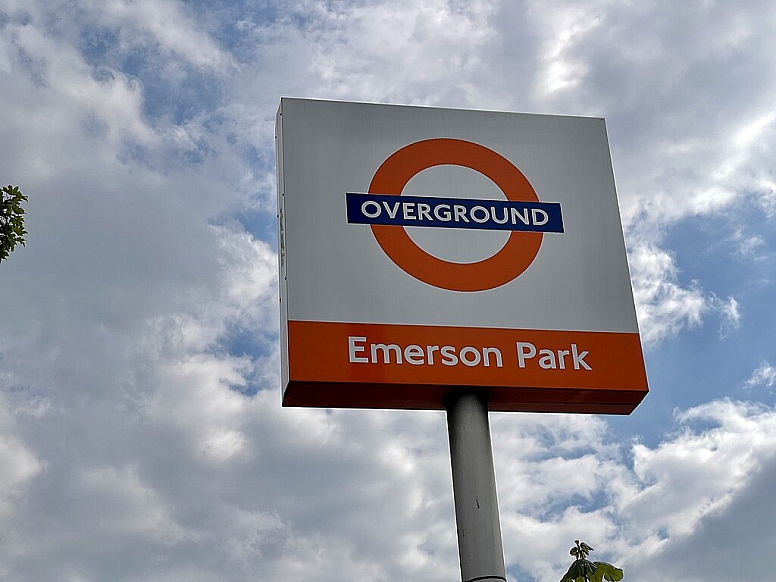
Havering offers a blend of urban and rural living with extensive parks and open spaces. It has a suburban feel with a mix of residential areas and commercial centres.
Key Features and Attractions:
- Havering Country Park: A large park offering woodland walks and open spaces.
- Romford Market: A historic market dating back to 1247.
- Upminster Windmill: A restored windmill and a local landmark.
- Rainham Hall: A historic house managed by the National Trust.
Demographics and Economy:
- Population: Approximately 259,000
- Area: 112.3 km²
- The economy of Havering is supported by retail, healthcare, and light industry. The borough's suburban nature makes it popular with families and commuters.
Newham
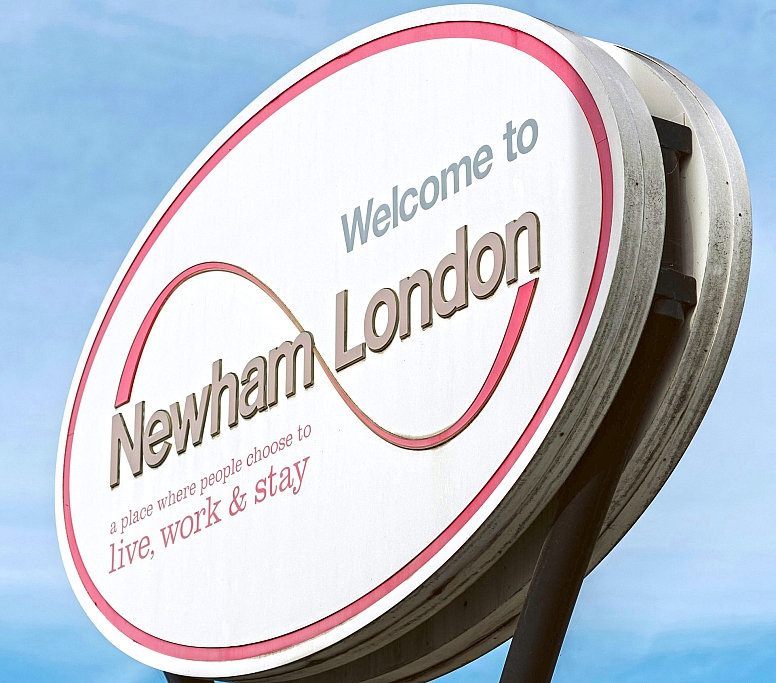
Newham is one of London’s most diverse and rapidly changing boroughs. It was a major site for the 2012 London Olympics, and the area has since seen extensive redevelopment.
Key Features and Attractions:
- Queen Elizabeth Olympic Park: A major legacy of the 2012 Olympics, offering sports facilities, parks, and events.
- ExCeL London: An international exhibition and convention centre.
- Stratford Centre and Westfield Stratford City: Major shopping and entertainment hubs.
- The Royal Docks: An area undergoing significant regeneration, with new residential and commercial developments.
Demographics and Economy:
- Population: Approximately 353,000
- Area: 36.2 km²
- Newham's economy is diverse, with significant contributions from retail, hospitality, and increasingly from technology and creative industries. The regeneration projects have boosted the borough’s appeal to investors and new residents.
Redbridge
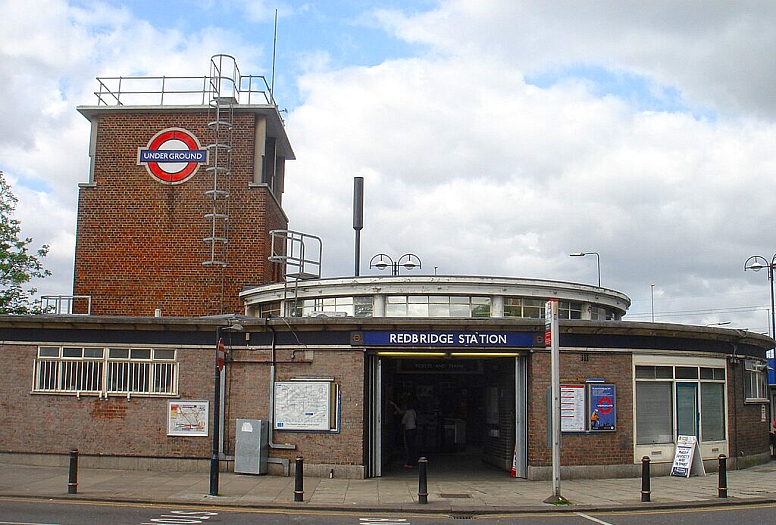
Redbridge offers suburban living with excellent schools, parks, and a diverse community. It combines residential tranquillity with good transport links to central London.
Key Features and Attractions:
- Valentines Mansion: A historic house and gardens open to the public.
- Wanstead Park: A beautiful historic park with ornamental lakes and gardens.
- Ilford Town Centre: A bustling commercial area with shops, restaurants, and entertainment.
- Hainault Forest Country Park: A large park offering woodlands, open spaces, and a farm.
Demographics and Economy:
- Population: Approximately 305,000
- Area: 56.4 km²
- Redbridge's economy is supported by retail, education, and public services. The borough is known for its strong community spirit and family-friendly environment.
Tower Hamlets
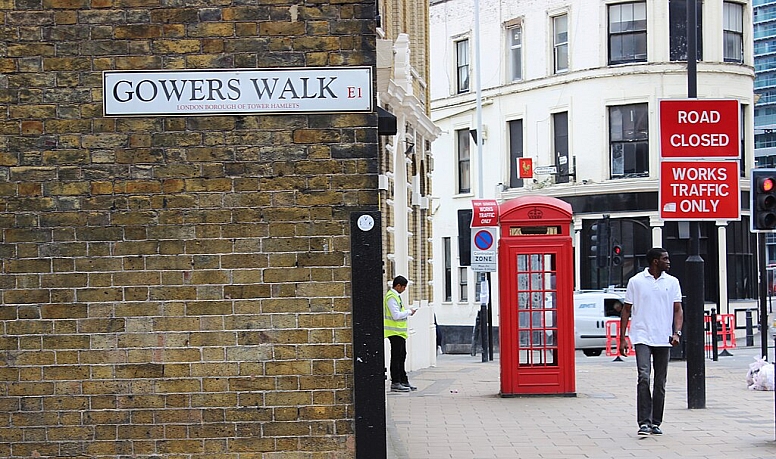
Tower Hamlets is a borough of contrasts, blending historic sites with modern developments. It is known for its cultural diversity and significant landmarks.
Key Features and Attractions:
- Tower of London: A historic castle and World Heritage Site.
- Canary Wharf: A major business district with modern skyscrapers and corporate offices.
- Brick Lane: Famous for its markets, street art, and Bangladeshi cuisine.
- Victoria Park: A large park offering events, sports facilities, and scenic beauty.
Demographics and Economy:
- Population: Approximately 324,000
- Area: 19.8 km²
- Tower Hamlets has a dynamic economy driven by finance, technology, and the creative industries. The borough is a melting pot of cultures and has a young, energetic population.
Waltham Forest

Waltham Forest is known for its creative community, green spaces, and a strong sense of local identity. It was named the first London Borough of Culture in 2019.
Key Features and Attractions:
- Walthamstow Market: One of the longest outdoor markets in Europe.
- Epping Forest: A vast ancient woodland offering walking, cycling, and horse-riding trails.
- William Morris Gallery: A museum dedicated to the life and work of the designer William Morris.
- God's Own Junkyard: A unique art gallery featuring neon signs and artwork.
Demographics and Economy:
- Population: Approximately 276,000
- Area: 38.8 km²
- Waltham Forest’s economy is supported by creative industries, retail, and public services. The borough’s vibrant arts scene and community-focused initiatives make it a lively and attractive place to live.
South West London Boroughs
Southwest London boroughs, including Wandsworth, Richmond, and Kingston upon Thames, are known for their leafy parks, scenic riverside areas, vibrant communities, and a blend of suburban tranquillity with easy access to central London.
Bromley
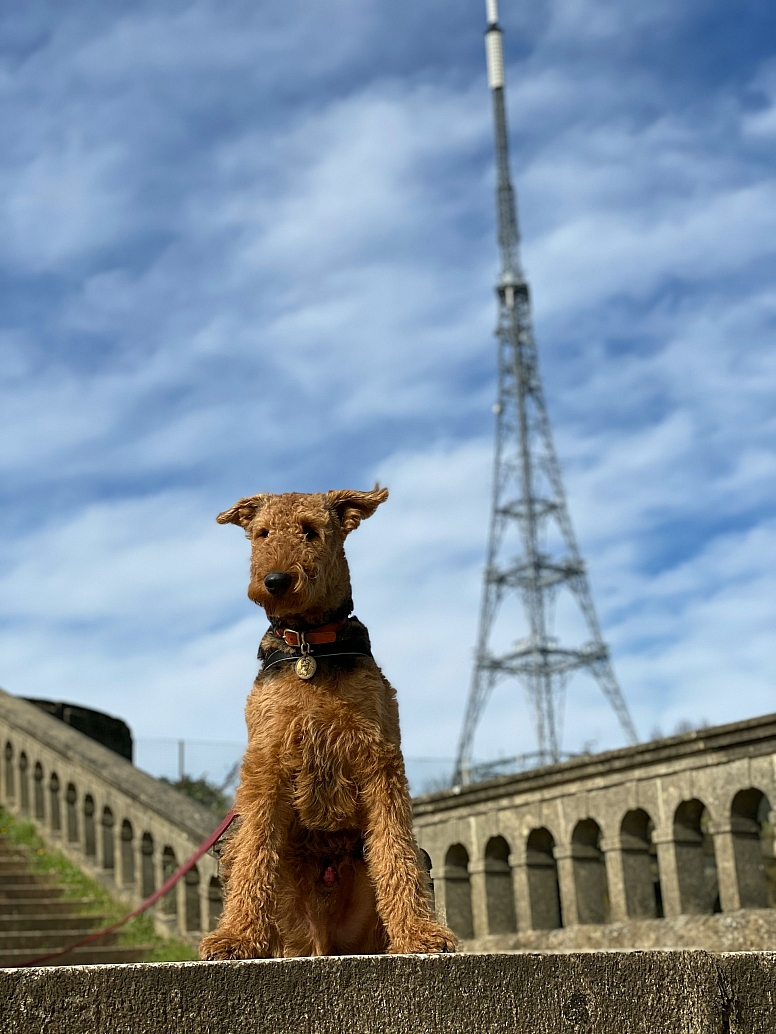
Bromley is one of the largest boroughs in London, offering a blend of suburban and rural living. It has a village-like feel with extensive parkland and historic sites.
Key Features and Attractions:
- Crystal Palace Park: Known for its historic dinosaurs and sports facilities.
- Chislehurst Caves: A labyrinth of man-made tunnels with a fascinating history.
- Bromley High Street: A bustling shopping area with a variety of stores and restaurants.
- Biggin Hill: Famous for its role in the Battle of Britain and its airfield.
Demographics and Economy:
- Population: Approximately 332,000
- Area: 150.2 km²
- Bromley’s economy includes retail, education, and aviation industries. The borough’s green spaces and suburban environment attract families and professionals.
Croydon
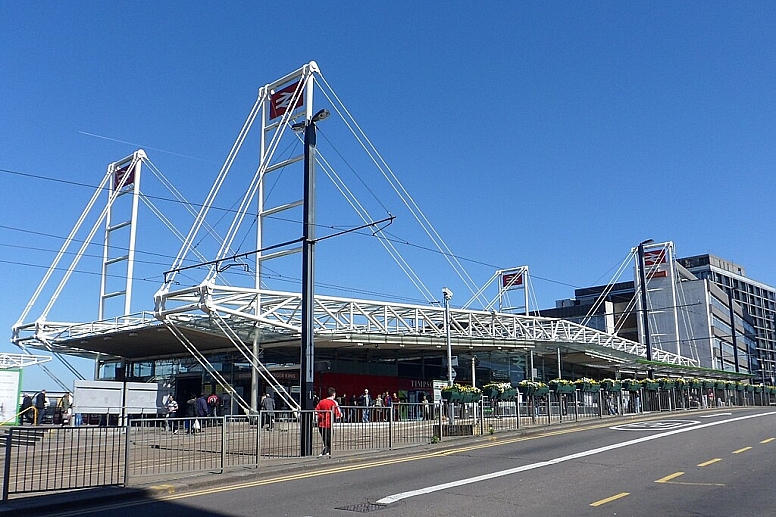
Croydon is a major commercial and residential centre in South London. It is known for its vibrant arts scene, shopping districts, and ongoing regeneration projects.
Key Features and Attractions:
- Croydon Clocktower: A cultural complex housing a library, museum, and theatre.
- Fairfield Halls: A renowned arts venue hosting concerts, theatre, and exhibitions.
- Boxpark Croydon: A trendy food and drink destination made from shipping containers.
- Croydon Minster: A historic church with a rich heritage.
Demographics and Economy:
- Population: Approximately 385,000
- Area: 87.0 km²
- Croydon’s economy is driven by retail, real estate, and the creative industries. The borough is a key hub for business and culture in South London.
Kingston upon Thames
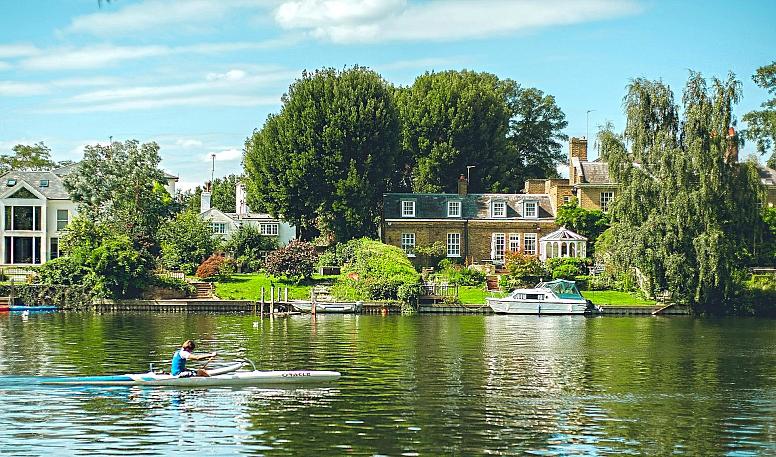
Kingston upon Thames is known for its historic market town atmosphere, excellent shopping, and riverside location. It offers a mix of urban and suburban living.
Key Features and Attractions:
- Hampton Court Palace: A historic royal palace with beautiful gardens.
- Kingston Market: A traditional market offering a variety of goods and produce.
- Riverside Walks: Scenic paths along the River Thames.
- Rose Theatre: A modern theatre hosting a range of performances.
Demographics and Economy:
- Population: Approximately 179,000
- Area: 37.3 km²
- Kingston’s economy is driven by retail, education, and tourism. The borough’s charming town centre and riverside location make it a popular choice for residents and visitors.
Lambeth
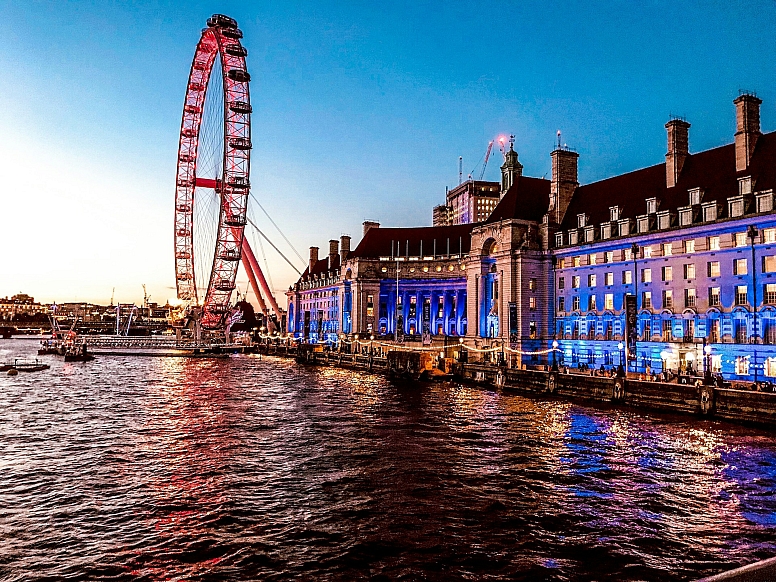
Lambeth offers a mix of cultural landmarks, vibrant communities, and green spaces. It is known for its diverse population and dynamic atmosphere.
Key Features and Attractions:
- Southbank Centre: A major arts and cultural complex on the River Thames.
- Brixton Market: A bustling market known for its Caribbean influences.
- London Eye: An iconic Ferris wheel offering panoramic views of the city.
- The Oval: A historic cricket ground.
Demographics and Economy:
- Population: Approximately 326,000
- Area: 26.8 km²
- Lambeth has a diverse economy with strong cultural, retail, and hospitality sectors.
Merton
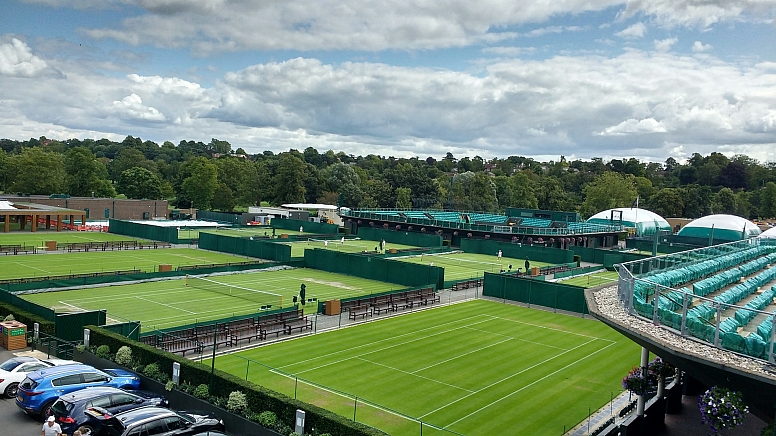
Merton offers suburban living with notable areas like Wimbledon, known for its tennis championships and village atmosphere. The borough combines residential tranquillity with vibrant cultural and sports events.
Key Features and Attractions:
- Wimbledon: Home to the famous Wimbledon Tennis Championships.
- Morden Hall Park: A National Trust park offering open spaces and historic buildings.
- Wimbledon Village: Known for its boutique shops, cafes, and restaurants.
- Polka Theatre: A children’s theatre offering a range of performances and activities.
Demographics and Economy:
- Population: Approximately 206,000
- Area: 37.6 km²
- Merton’s economy is supported by retail, sports, and public services. The borough’s mix of suburban charm and cultural events makes it an attractive place to live.
Richmond upon Thames
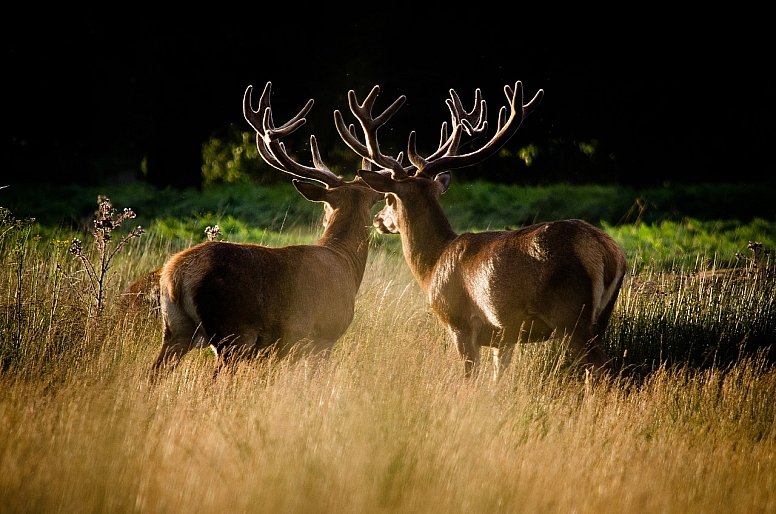
Richmond upon Thames is known for its affluent residential areas, riverside setting, and extensive green spaces. It offers a high quality of life with a mix of urban and rural living.
Key Features and Attractions:
- Richmond Park: The largest of London’s Royal Parks, home to deer and offering beautiful landscapes.
- Kew Gardens: A UNESCO World Heritage Site with a vast collection of plants and historic glasshouses.
- Twickenham Stadium: The home of English rugby.
- Ham House: A historic house with beautiful gardens on the River Thames.
Demographics and Economy:
- Population: Approximately 198,000
- Area: 57.4 km²
- Richmond’s economy is driven by tourism, retail, and real estate. The borough’s scenic beauty and high quality of life attract many affluent residents.
Sutton
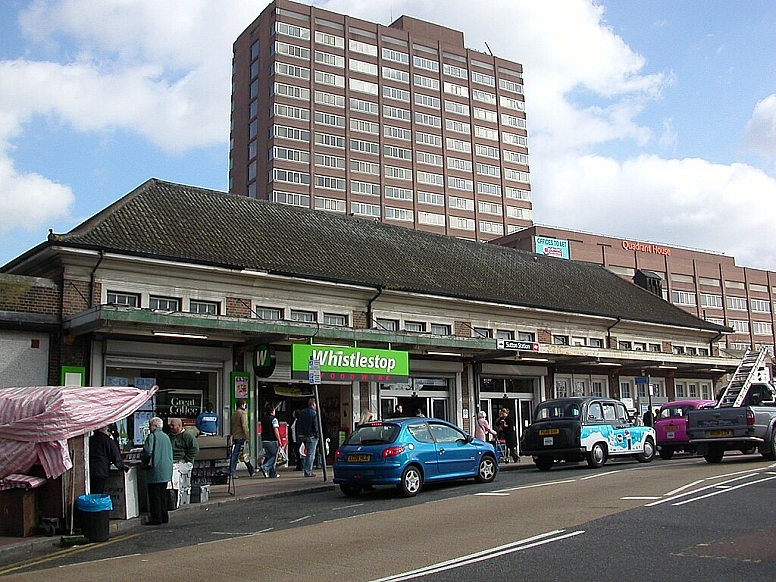
Sutton is known for its family-friendly environment, good schools, and green spaces. It offers a suburban lifestyle with easy access to central London.
Key Features and Attractions:
- Honeywood Museum: A historic house museum with exhibits on local history.
- Carshalton Ponds: Picturesque ponds in the heart of Carshalton village.
- Sutton Ecology Centre: A nature reserve offering educational programs and walking trails.
- Nonsuch Park: A large park with open spaces, woodlands, and historic gardens.
Demographics and Economy:
- Population: Approximately 204,000
- Area: 43.9 km²
- Sutton’s economy is supported by retail, education, and public services. The borough’s suburban character and family-friendly amenities make it a popular choice for residents.
Wandsworth
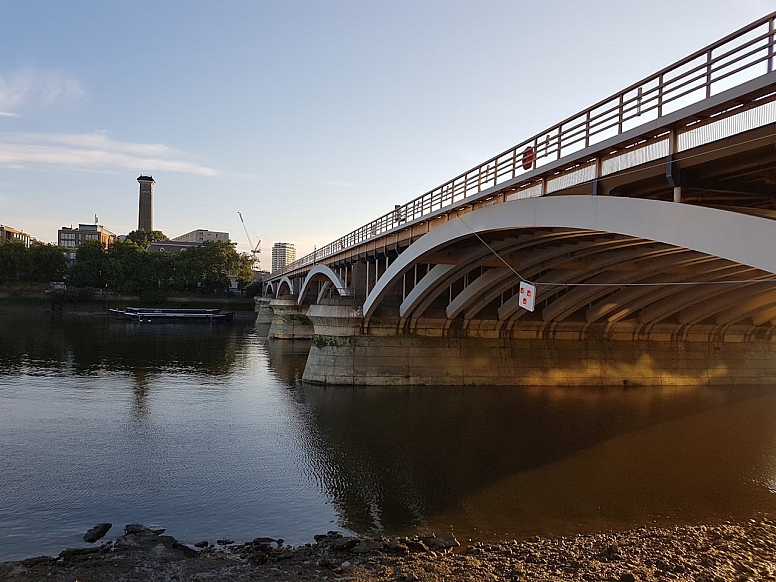
Wandsworth is a dynamic borough along the River Thames, balancing urban living with scenic green spaces and vibrant neighbourhoods. Known for its mix of residential charm and modern development, Wandsworth attracts a diverse community seeking riverside views, parks, and a lively social scene.
Key Features and Attractions:
- Battersea Park: A popular riverside park offering gardens, a zoo, and sports facilities.
- Battersea Power Station: A redeveloped landmark now housing shops, restaurants, and residential spaces.
- Wandsworth Common: A large green space popular for outdoor activities and relaxation.
- Putney Bridge and Riverside: A picturesque area ideal for walks and riverside dining.
Demographics and Economy:
- Population: Approximately 329,000
- Area: 34.3 km²
Wandsworth's economy is driven by retail, leisure, and housing, especially in redeveloped areas around Battersea Power Station. It also has a significant number of small businesses and a growing tech and creative sector, reflecting the area’s blend of tradition and modernity.
South East London Boroughs
South London offers a mix of vibrant urban neighbourhoods, historic landmarks, and expansive green spaces. The boroughs in this area are known for their cultural diversity, thriving communities, and scenic riverside locations. Let's explore the South London boroughs in more detail.
Bexley
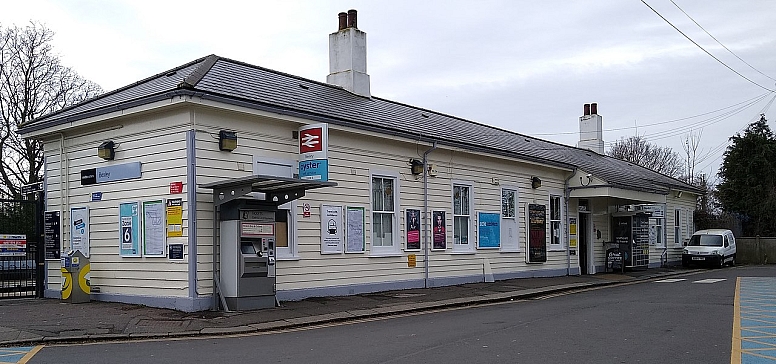
Bexley provides a suburban lifestyle with plenty of parks and family-friendly amenities. It is known for its excellent schools and community spirit.
Key Features and Attractions:
- Hall Place and Gardens: A Tudor mansion with stunning gardens and a museum.
- Danson Park: One of the borough's largest parks, featuring a lake, historic buildings, and recreational facilities.
- Red House: The former home of the artist William Morris, now a museum.
- Crayford Greyhound Track: A popular venue for greyhound racing.
Demographics and Economy:
- Population: Approximately 248,000
- Area: 60.6 km²
- Bexley’s economy is supported by retail, education, and public services. The borough’s suburban character makes it popular with families and commuters.
Greenwich
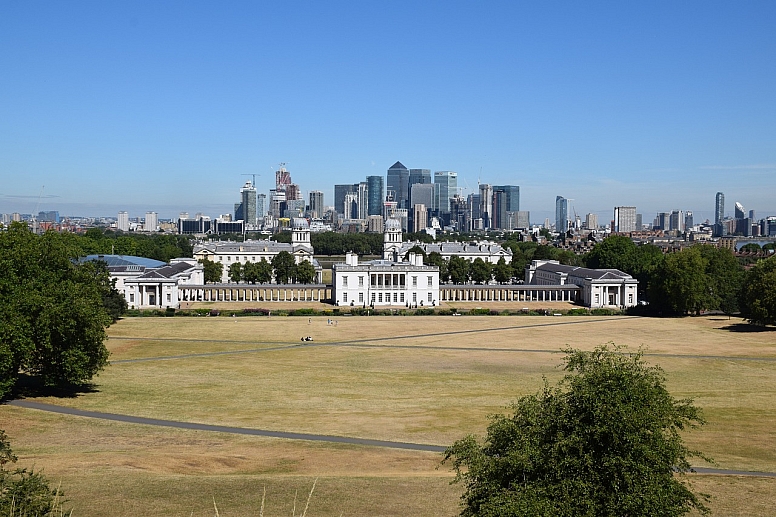
Greenwich is famous for its maritime history, green spaces, and cultural heritage. It is a popular destination for tourists and residents alike.
Key Features and Attractions:
- Cutty Sark: A historic tea clipper ship and museum.
- Greenwich Park: Offers stunning views of the Thames and is home to the Royal Observatory.
- Maritime Greenwich: A UNESCO World Heritage Site featuring the National Maritime Museum and the Old Royal Naval College.
- O2 Arena: A major entertainment venue hosting concerts, sports, and events.
Demographics and Economy:
- Population: Approximately 289,000
- Area: 47.4 km²
- Greenwich’s economy is supported by tourism, retail, and education. The borough’s rich history and scenic parks make it a desirable place to live and visit.
Lewisham
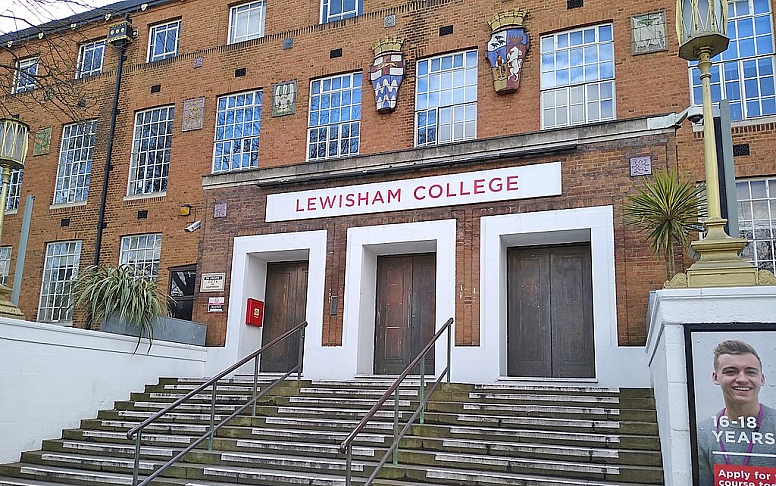
Lewisham is a diverse and vibrant borough with a strong sense of community. It offers good transport links, green spaces, and a variety of cultural amenities.
Key Features and Attractions:
- Lewisham Shopping Centre: A major retail hub with a variety of shops and restaurants.
- Blackheath: A large open space known for its village atmosphere and community events.
- Horniman Museum and Gardens: Featuring natural history exhibits, an aquarium, and beautiful gardens.
- Deptford Market: A bustling market is known for its eclectic mix of goods.
Demographics and Economy:
- Population: Approximately 305,000
- Area: 35.2 km²
- Lewisham’s economy includes retail, education, and public services. The borough’s diverse population and active community life contribute to its vibrant character.
Southwark
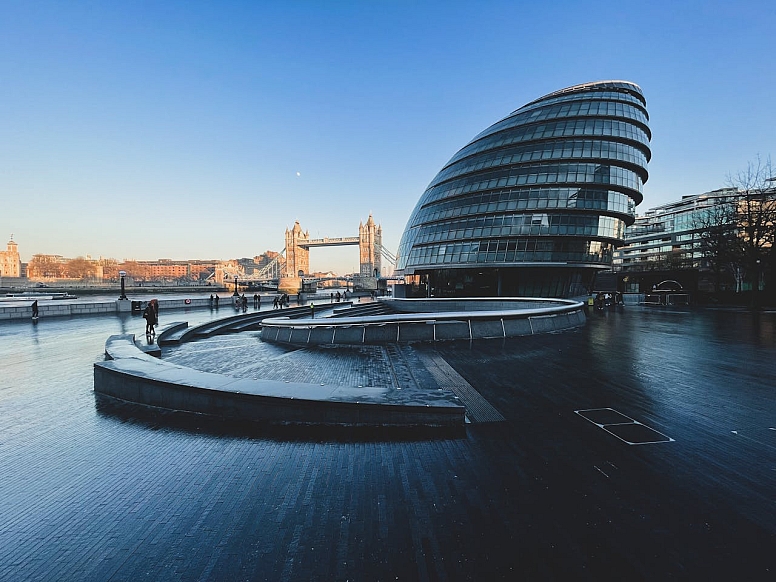
Southwark is known for its rich history, cultural venues, and modern developments. It offers a blend of old and new, with historic landmarks and contemporary attractions.
Key Features and Attractions:
- The Shard: The tallest building in the UK, offering stunning views from its observation deck.
- Borough Market: One of the oldest and largest food markets in London.
- Globe Theatre: A reconstruction of Shakespeare's original theatre.
- Tate Modern: A leading modern art gallery housed in a former power station.
Demographics and Economy:
- Population: Approximately 318,000
- Area: 28.9 km²
- Tourism, cultural institutions, and modern commercial developments support Southwark's economy.
West London Boroughs
West London is renowned for its mix of affluent neighbourhoods, cultural landmarks, and green spaces. The boroughs in this area are characterized by their unique blend of residential comfort and urban sophistication, making them some of the most desirable places to live in the city. Let's explore the West London boroughs in detail.
Brent
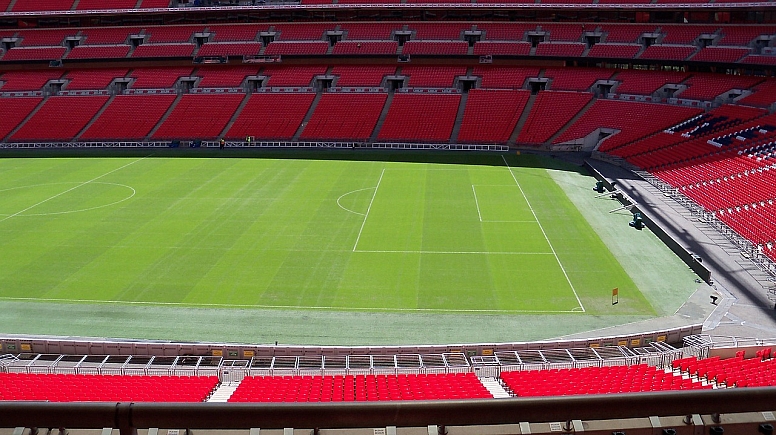
Brent is a culturally diverse borough known for its vibrant communities and significant landmarks. It offers a mix of residential areas and bustling commercial centres.
Key Features and Attractions:
- Wembley Stadium: The iconic sports and entertainment venue, hosting major events and concerts.
- Wembley Arena: A major venue for music and entertainment events.
- The Lexi Cinema: A unique, volunteer-run cinema with a community focus.
- Brent Museum and Archives: Offering insights into the borough’s history and heritage.
Demographics and Economy:
- Population: Approximately 329,000
- Area: 43.2 km²
- Brent’s economy is supported by retail, hospitality, and cultural sectors. The borough’s diversity and community spirit make it a vibrant place to live.
Ealing
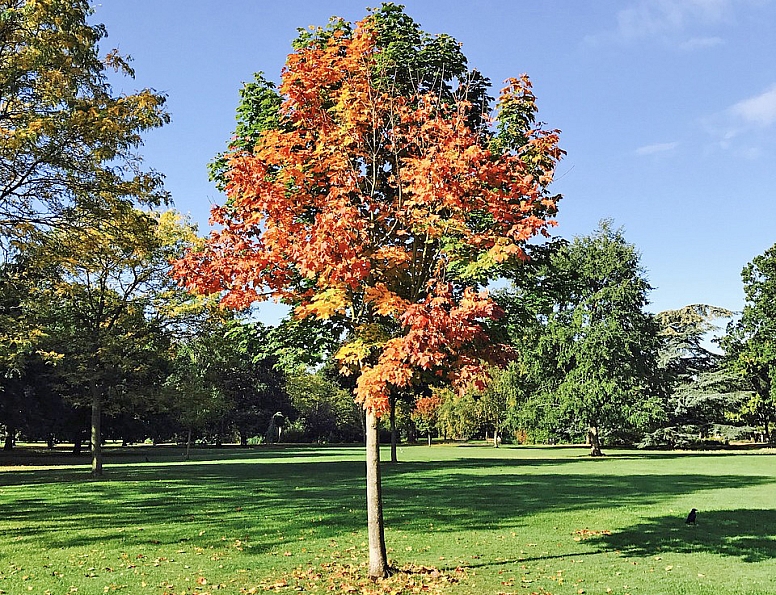
Ealing is known for its green spaces, historic sites, and vibrant arts scene. It offers a suburban lifestyle with excellent amenities and transport links.
Key Features and Attractions:
- Ealing Studios: The oldest continuously working film studio in the world.
- Walpole Park: A large park with gardens, a lake, and historic buildings.
- Pitzhanger Manor: A historic house and gallery open to the public.
- Ealing Jazz Festival: An annual festival celebrating jazz music.
Demographics and Economy:
- Population: Approximately 342,000
- Area: 55.5 km²
- Ealing’s economy includes retail, media, and public services. The borough’s cultural events and green spaces attract many families and professionals.
Hammersmith and Fulham
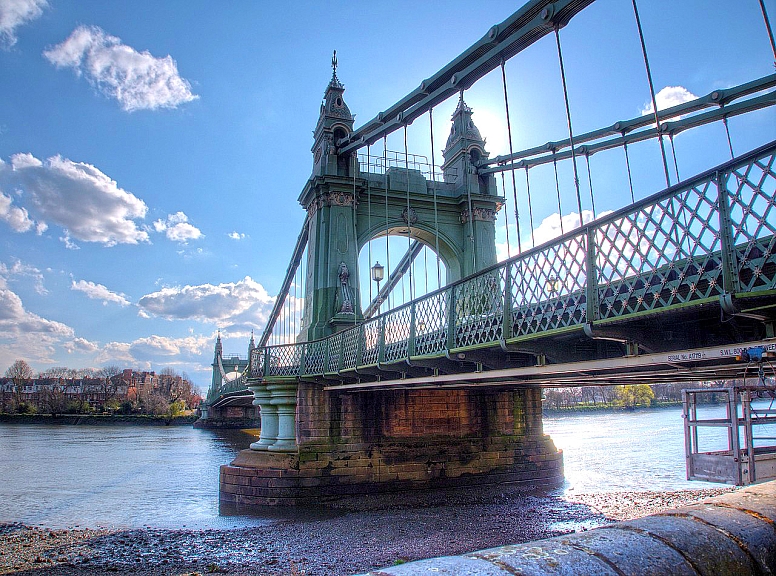
Hammersmith and Fulham is a dynamic borough known for its riverside views, vibrant nightlife, and sporting venues. It offers a mix of residential, commercial, and entertainment areas.
Key Features and Attractions:
- Hammersmith Apollo: A major entertainment venue hosting concerts and comedy shows.
- Craven Cottage: The home stadium of Fulham Football Club.
- Riverside Studios: A cultural centre offering theatre, cinema, and art exhibitions.
- King Street: A bustling shopping area with a variety of stores and restaurants.
Demographics and Economy:
- Population: Approximately 185,000
- Area: 16.4 km²
- The economy is driven by retail, media, and entertainment sectors. The borough’s lively atmosphere and riverside location make it popular with young professionals.
Harrow
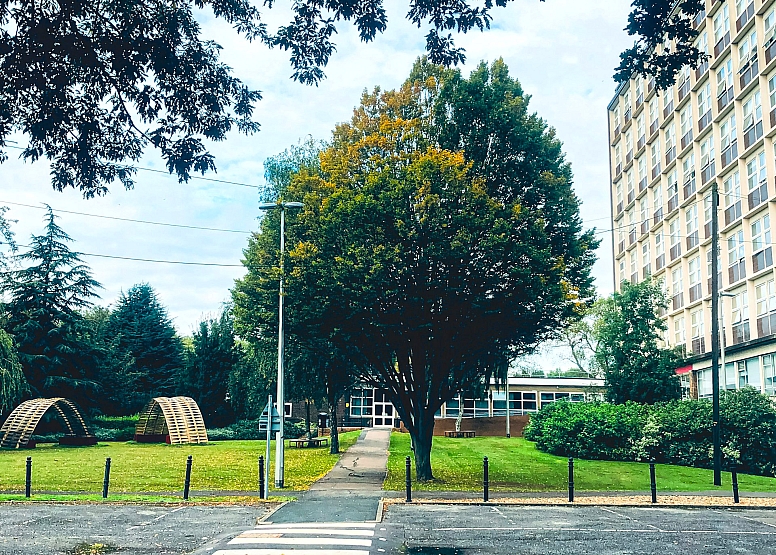
Harrow offers suburban living with a rich history and diverse community. It is known for its excellent schools and green spaces.
Key Features and Attractions:
- Harrow School: One of the most famous and prestigious schools in the UK.
- Harrow Arts Centre: A cultural venue offering performances and community events.
- Harrow-on-the-Hill: A historic area with picturesque streets and views.
- Headstone Manor and Museum: A historic site with exhibits on local history.
Demographics and Economy:
- Population: Approximately 250,000
- Area: 50.4 km²
- Harrow’s economy is supported by education, retail, and healthcare sectors. The borough’s family-friendly environment and good schools attract many residents.
Hillingdon
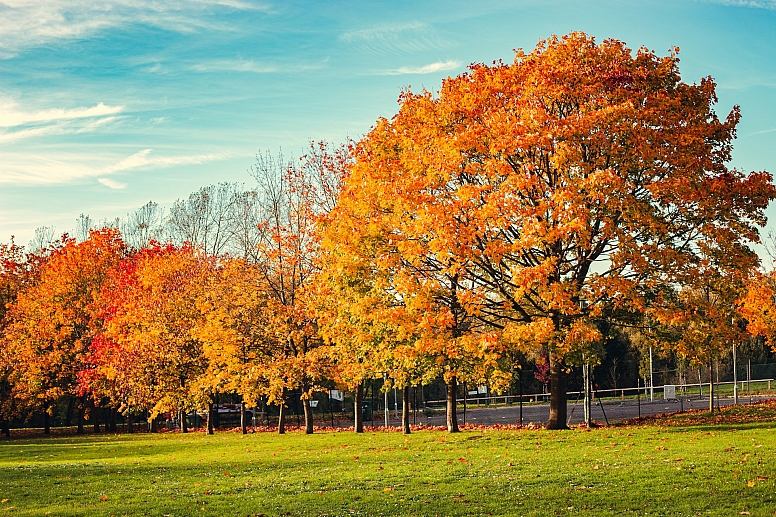
Hillingdon is the westernmost borough of London, offering a mix of urban and rural living. It is known for its extensive green spaces, historic sites, and Heathrow Airport.
Key Features and Attractions:
- Ruislip Lido: A reservoir with a sandy beach and woodland walks.
- Battle of Britain Bunker: A historic site with exhibits on World War II aviation.
- Hillingdon Court Park: A large park offering sports facilities and gardens.
- Uxbridge: A bustling town centre with shops, restaurants, and entertainment.
Demographics and Economy:
- Population: Approximately 309,000
- Area: 115.7 km²
- Hillingdon’s economy is driven by aviation, retail, and public services. The presence of Heathrow Airport makes it a key transport hub.
Hounslow
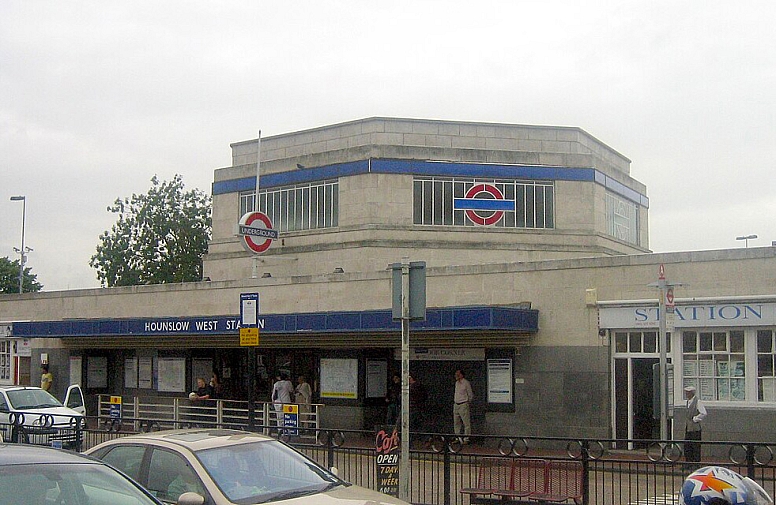
Hounslow offers a mix of urban and suburban living, with a diverse community and strong transport links. It is known for its parks, historic sites, and proximity to Heathrow Airport.
Key Features and Attractions:
- Osterley Park and House: A National Trust property with beautiful gardens and a historic mansion.
- Chiswick House: A Palladian villa with stunning gardens.
- Gunnersbury Park: A large park with historic buildings and recreational facilities.
- Hounslow Heath: A local nature reserve offering walking and wildlife spotting.
Demographics and Economy:
- Population: Approximately 288,000
- Area: 55.3 km²
- Hounslow’s economy includes aviation, retail, and public services. The borough’s diverse population and green spaces make it an attractive place to live.
London's 32 boroughs, along with the City of London, each offer a unique blend of characteristics, attractions, and lifestyles. From the suburban tranquillity of outer boroughs like Bexley and Sutton to the vibrant cultural hubs of Camden and Islington, there is something for everyone in this diverse and dynamic city. Whether you are drawn to the historic sites of Westminster, the green spaces of Richmond, or the cultural diversity of Tower Hamlets, exploring London's boroughs provides a fascinating insight into the city's rich tapestry.
Each borough contributes to London's global appeal, offering residents and visitors a unique experience. Understanding the distinct features of each borough can help you appreciate the depth and diversity that make London one of the most exciting cities in the world.

